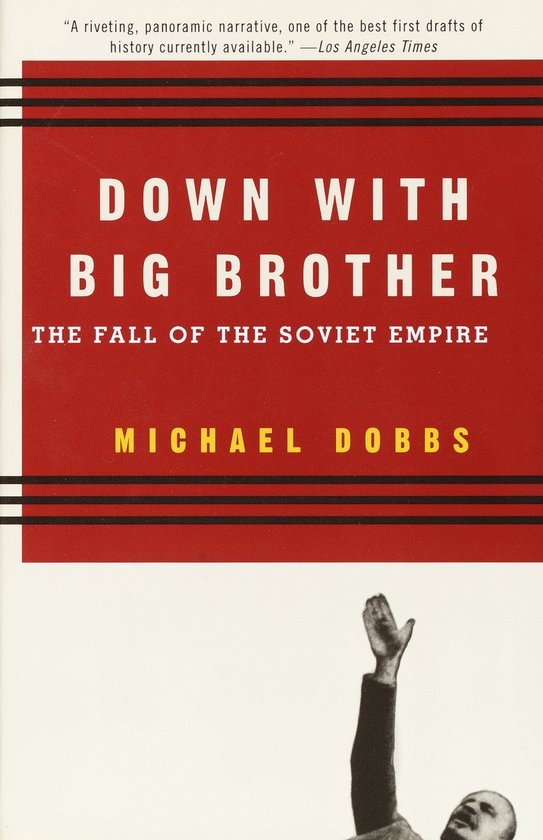
Down With Big Brother
-
AuteurMichael Dobbs
- Uitgeverij-
- Jaar-
'Down With Big Brother' by Michael Dobbs is a compelling narrative that delves into the fall of the Soviet Union, offering readers a detailed account of the events leading up to one of the most significant geopolitical shifts of the 20th century. Dobbs, with his meticulous research and engaging storytelling, brings to life the personalities, strategies, and missteps that culminated in the collapse of a superpower. This book is not just a historical account; it's a lesson in power, ideology, and the unpredictable nature of political change. Perfect for history buffs, political science students, and anyone interested in understanding the complexities of the Cold War's end, 'Down With Big Brother' provides a unique perspective on how the unthinkable became inevitable.
Beschikbare exemplaren
Hier en daar wat markeringen met markeerstift.